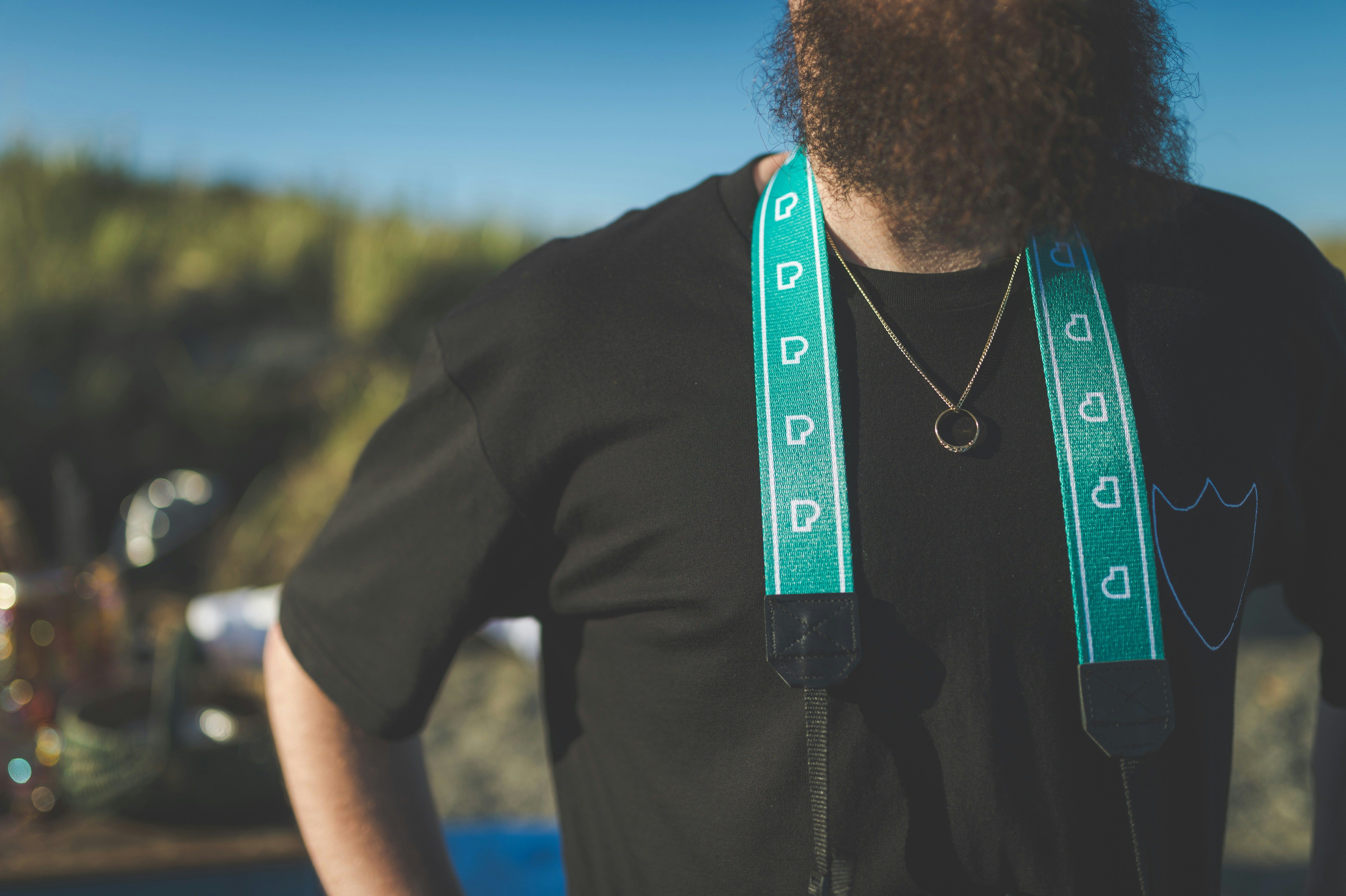Women Show Confidence in Financial Management while Expressing a Need for Stigma-Free Guidance, According to a Study
Reimagining the Future of Women's Financial Empowerment: Navigating the Journey to Financial Success
As we approach 2033, an estimated $31 billion of wealth is set to be inherited by women across the states. However, a study conducted by REAL SIMPLE and Investopedia reveals that these ladies need more guidance and open support in managing their finances, even within friend circles.
The 2024 Her Money Mindset Survey, which polled a representative sample of U.S. women, sought to understand how women think, talk, and interact with money across generations and income levels. Conducted during a period of high inflation and economic uncertainty, the survey sheds light on the financial aspirations, behaviors, and challenges faced by women in America.
Overall, women prove to be resilient, confident financial managers. They are generous and actively seek out knowledge to enhance their financial literacy. Yet, they have much to learn about saving money and investing.
Key Insights
- A whopping 63% of women's income goes towards necessities, leaving only 17% for financial goals. Monthly expenses are eating up a sizable portion of their earnings, with 64% of women having less than $500 left after covering necessities.
- Despite their financial savvy, only 39% of women are invested, with participation varying based on age, income level, and financial literacy.
- 1 in 5 women have helped cover a significant expense for someone else, while struggling to meet their own monthly expenses.
- Money conversations between friends are fairly common, but the level of detail shared and the honesty of those details varies.
- Women express a desire to learn more about saving money and investing, demonstrating a readiness to take control of their financial future.
Study Methodology
To gain insights into women's approach towards money, REAL SIMPLE and Investopedia surveyed 2,002 American women aged 18 and above. The survey was conducted online between January 9th and 22nd, 2024, using a self-administered questionnaire from an opt-in panel of respondents. Quotas were established based on ACS data from the U.S. Census Bureau for region, age groups, race/ethnicity, and household income. Only those who managed their own finances to some extent qualified for the survey.
Short-Term Financial Priorities
The majority of monthly income spent by American women goes towards necessities such as housing, transportation, healthcare, education, and childcare. While they focus on paying bills and managing their day-to-day expenses, they also have short-term goals like saving for retirement, buying a car, and paying off credit card debt.
Experts stress the importance of having open conversations about finances to normalize the topic, motivate saving, and clarify complex situations. Encouraging women to break the silence leading to fear or shame surrounding financial matters will empower them to make informed decisions and take control of their financial futures.
Investing: Bridging the Gap
The narrative surrounding women investors is often one of underrepresentation and hesitance, but women's investment behavior is far from unequivocal. The survey shows that 39% of women are investors, with participation higher among Gen X or older women and those with household incomes exceeding $75,000. Retirement accounts, stocks, and mutual funds are the most common types of investments held.
However, knowledge gaps hinder some women from investing, often due to the misconception that they lack the funds required to start investing. Women take pride in seeking professional help from financial advisors, educating themselves, discussing their strategies, and documenting their strategies and habits along the way.
What's Holding Women Back?
Many women express a lack of confidence when it comes to investing due to feelings of financial illiteracy or fear of losing money. The survey found that women with higher household incomes are more likely to report a lack of knowledge or fear of losing money as their primary reasons for not investing. However, there is a curiosity: nearly 1 in 4 women express a desire to learn more about investing.
Despite these obstacles, women are actively taking charge of their financial futures, demonstrating confidence in their ability to make sound financial decisions and lead or co-manage financial decision-making within their households.
Women's Financial Generosity
Most women surveyed (67%) have acted as a financial supporter for someone in their life, showing their generosity even when facing financial challenges themselves. They are more likely to ask a friend for a loan before approaching a significant other or family member.
Money Conversations: Fragile Bonding
Women have ambivalent feelings about money conversations, with certain levels of detail shared and honesty varying. While money talks between friends can strengthen bonds and create more support systems, sharing personal financial information is still considered inappropriate by some.
Income differences and financial situations play a significant role in limiting money conversations. For women with lower household incomes, fear of judgment and shame are common, and in some cases, result in dishonesty.
Women's Financial Confidence
Despite the challenges, women are taking control of their financial lives. The survey found that over half of all women (58%) feel somewhat or very confident in making sound financial decisions, with confidence increasing with age and income. Women who compare themselves to friends and partners feel they know more about managing finances than their peers.
Looking Ahead: Women's Financial Empowerment
The 2024 Her Money Mindset survey reveals that women are eager to learn and grow in their financial journeys. As women prepare to receive more wealth than ever before, they are poised to make a significant impact on the financial landscape. Encouraging financial education and open conversations about money will empower women to seize opportunities to achieve financial freedom and success.
- The study conducted by REAL SIMPLE and Investopedia highlights an underrepresentation of women invested in finances, with only 39% being invested.
- The survey shows that women have a great interest in expanding their financial literacy, with nearly 1 in 4 expressing a desire to learn more about investing.
- The 2024 Her Money Mindset Survey reveals that women prioritize personal-finance education, a truthful representation of their financial aspirations and awareness.
- Science-based protocols like DeFi (decentralized finance) could offer a promising avenue for women investors, given their tendency to seek knowledge andprofessional help.
- ICOs (Initial Coin Offerings) and IEOs (Initial Exchange Offerings), popular methods in the crypto world, could be beneficial for women wanting to invest in innovative technology-driven businesses.
- Financing in the health-and-wellness sector, including women's health, could attract many female investors, given their generosity and desire to support causes they care about.
- The findings of the study underscore the importance of finance careers in enabling women to navigate their financial landscape and make informed decisions about their finances.
- Businesses seeking to empower women financially should consider creating investment options tailored to their needs and level of financial literacy, fostering a more inclusive finance landscape.
- To bridge the knowledge gap and provide a more inclusive financial environment, investing in education, science, and health-and-wellness sectors focused on personal-finance empowerment could be an effective strategy.








